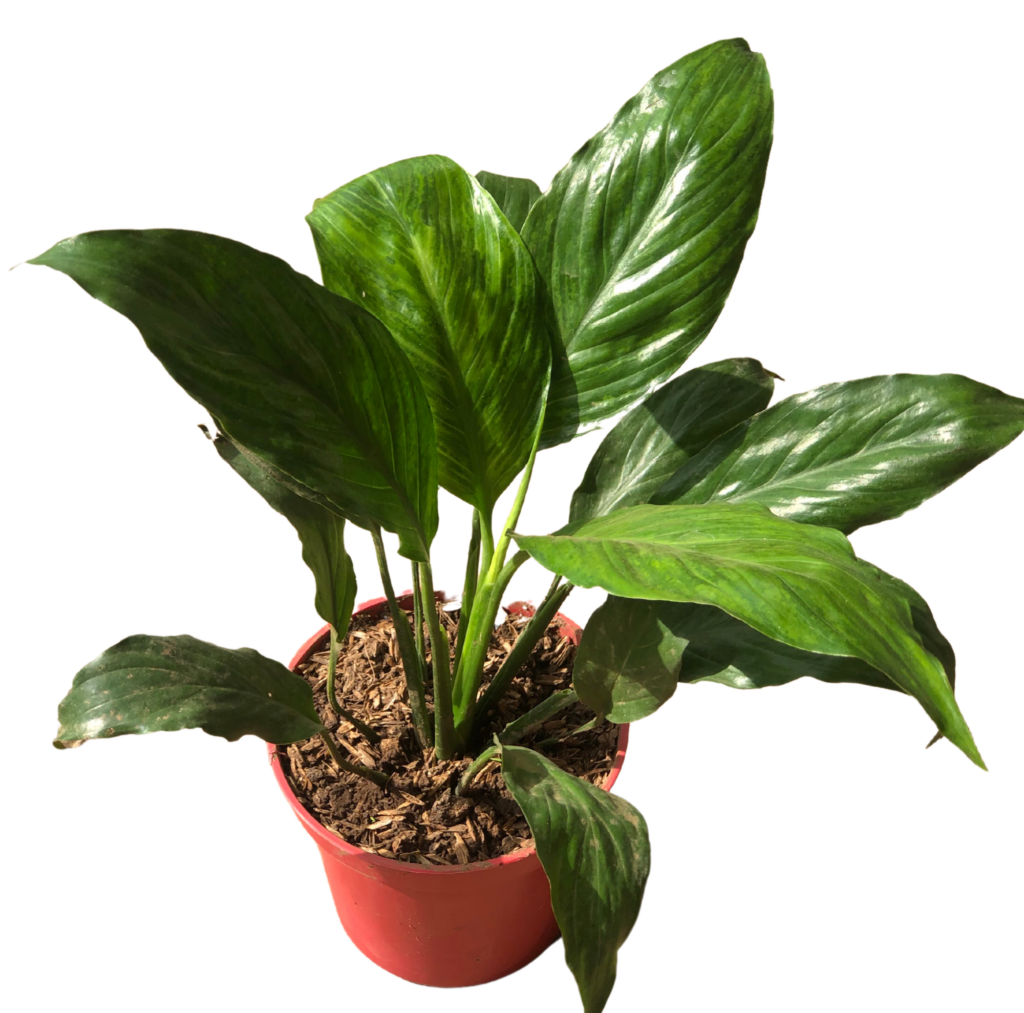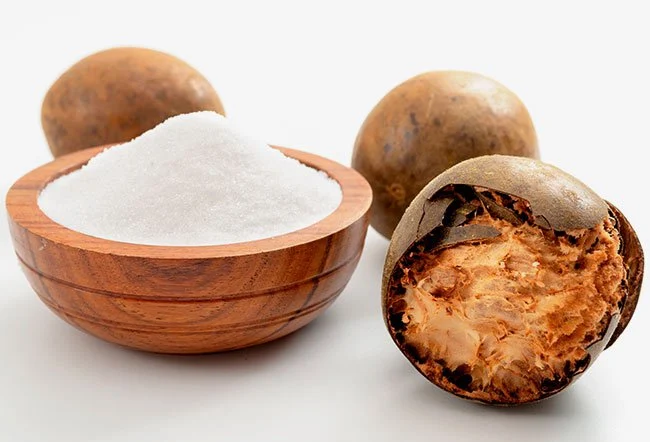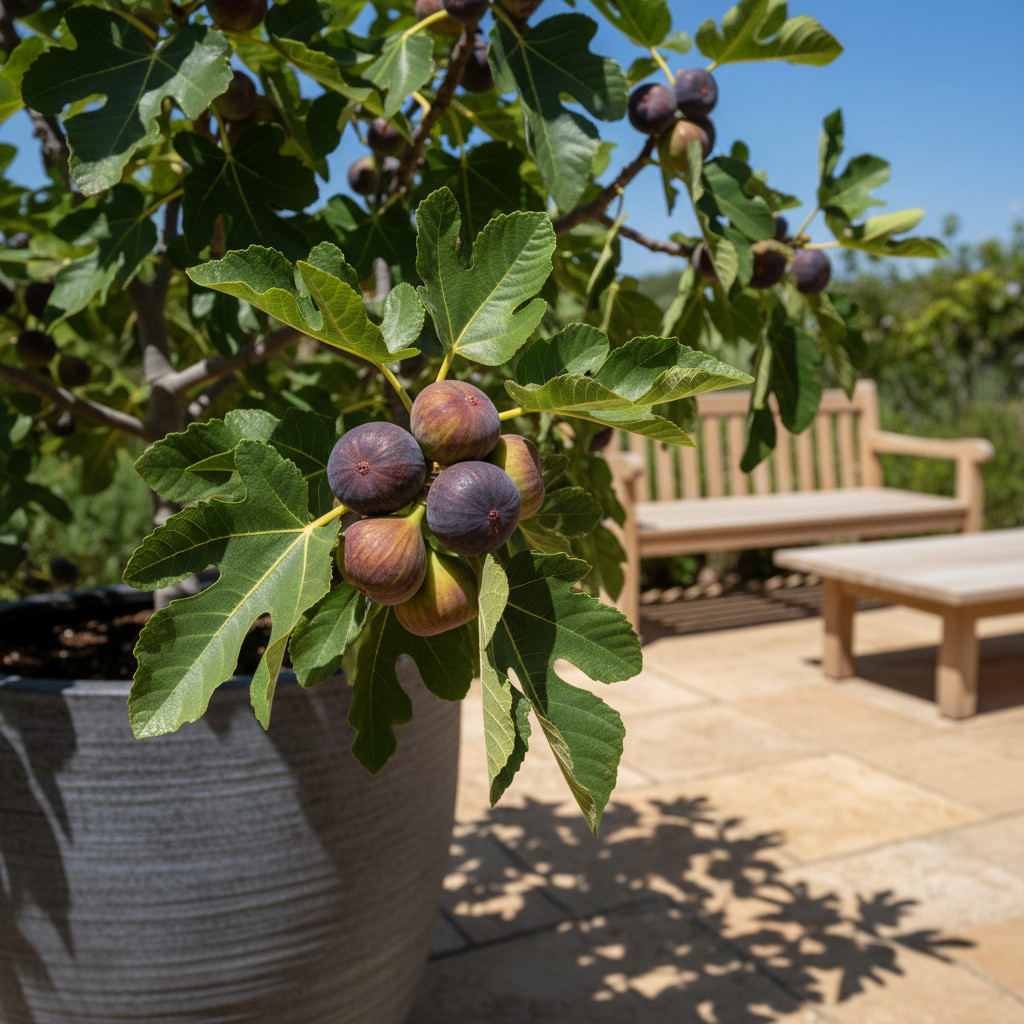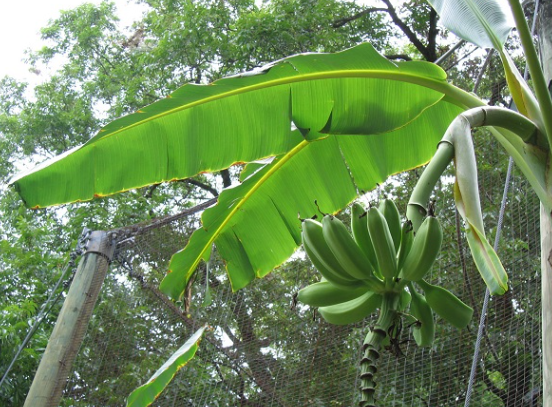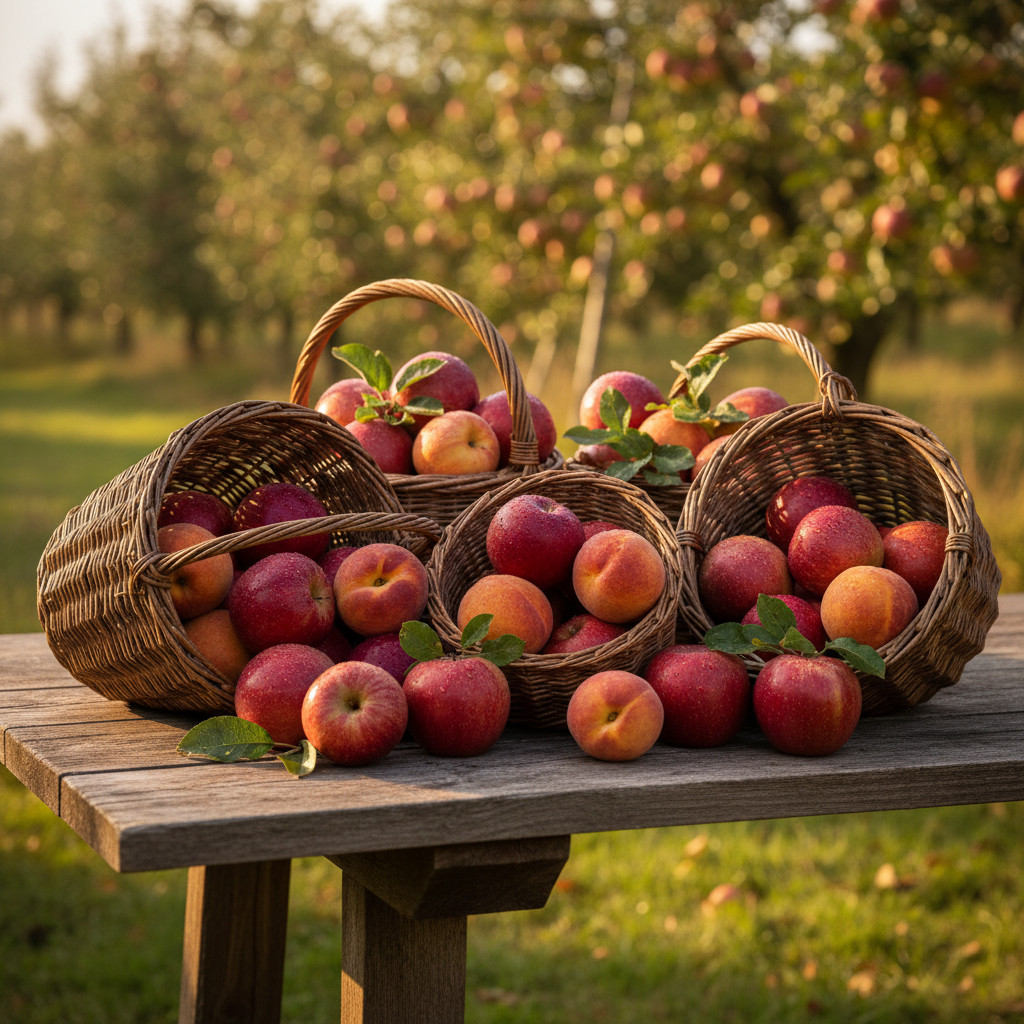If you love the sweetness of tangerines, you might want to grow your own. Tangerine trees are perfect for gardens because they’re easy to care for and give you tasty, healthy fruit.
In this detailed guide, we’ll teach you step-by-step how to grow a tangerine tree from a seed. We’ll start with how to make the seeds sprout and end with how to look after your tree. With some time and care, you’ll soon be picking your own fresh tangerines!
Table of Contents
- Planting and Growing Tangerine Seeds
- Step 1 – Harvest Seeds from a Ripe Tangerine
- Step 2 – Clean and Dry the Seeds
- Step 3 – Prepare a Tray or Pots with Soil
- Step 4 – Put the Seeds in the Soil
- Step 5 – Water the Seeds and Find a Sunny Spot
- Step 6 – Keep the Soil Moist and in a Sunny Place
- Step 7 – When They’re Big Enough, Move the Seedlings
- Step 8 – Water Regularly and Make Sure They Get Sun
- Step 9 – Trim and Train Your Tree
- Step 10 – Enjoy Your Fresh Tangerines!
- Common Challenges
- 1. Seeds Not Sprouting:
- 2. Bugs on Your Tree:
- 3. Tree Diseases:
- Picking and Keeping Tangerines
- Frequently Asked Questions
- How long does it take a tangerine to grow from seed?
- Can I grow tangerines at home?
- Are tangerine trees easy to grow?
- How long does it take for a tangerine to bear fruit?
Planting and Growing Tangerine Seeds
To grow a tangerine tree, first get some ripe seeds, then clean and let them dry. Put them in a pot or tray with soil about 1/4 inch deep. Water them a little and find a warm, sunny spot for them. Keep the soil moist and when the little plants are about 4 inches tall, move them to their own spots. Make sure they get lots of water and sun, trim the tree sometimes, and soon you’ll have your very own tangerines.
Step 1 – Harvest Seeds from a Ripe Tangerine
The first thing you need to do is get some seeds from a ripe tangerine.
Look for tangerines that are bright orange and feel soft. Cut the fruit open and take out the seeds inside.
Please pick a tangerine without any marks or damage. It’s also a good idea to get more seeds than you think you’ll need, just in case some don’t grow.
Wash the seeds you took to remove any fruit or juice. This helps to stop them from rotting or getting moldy.
Step 2 – Clean and Dry the Seeds
After you’ve collected the seeds, you need to clean and dry them before you plant them.
Gently rub the seeds to take off any leftover fruit parts. Then wash them under tap water to make sure they’re clean.
Spread the seeds out on some paper towels and wait until they are totally dry, which might take a few days depending on how damp the air is. It’s important to make sure they’re dry to stop them from rotting.
Step 3 – Prepare a Tray or Pots with Soil
Now get the pot or tray ready. Put in some soil that’s made for planting seeds or just use good potting soil.
Choose soil that lets water flow through easily and doesn’t have weeds, bugs, or diseases. You can even mix in some compost or food for plants to help your seeds grow well.
Step 4 – Put the Seeds in the Soil
When your soil is ready, it’s time to put in the seeds. Make a small hole about 1/4 inch deep for each seed, and space them about one inch apart.
Don’t bury them with more soil because they need a bit of light to start growing. Just press them down so they touch the soil.
Step 5 – Water the Seeds and Find a Sunny Spot
Water the soil gently right after you plant your seeds. But be careful not to add too much water, or the roots might start to rot. Once you’ve watered them, put your pots or tray somewhere warm and sunny.
Tangerine seeds need plenty of sun to grow. A sunny windowsill or a greenhouse are both great places for them.
Step 6 – Keep the Soil Moist and in a Sunny Place
Keep the soil just moist enough for the seeds to sprout. If the top of the soil feels dry, it’s time to water. But don’t over-water it.
And remember to keep the pots or tray in a spot that’s warm with lots of sunlight.
Step 7 – When They’re Big Enough, Move the Seedlings
When your small plants have grown to about 4 inches tall and have a few leaves, you need to give them more space to grow. You can move them into bigger pots or into your garden.
Be careful with the roots when you move them. After you put them in their new homes, water the plants well so they can settle in.
Step 8 – Water Regularly and Make Sure They Get Sun
Your tangerine tree will do well with lots of sun and enough water. They like bright places with soil that lets water drain well.
Water the tree deeply once or twice a week, depending on how hot it is. Don’t water it too much though, because that could cause the roots to rot. If you’re having a dry spell, you may need to water it more often.
Step 9 – Trim and Train Your Tree
As your tree grows, shape and trim it to keep it strong and healthy. Pruning helps get rid of old or damaged branches and lets new ones grow. You should also help the tree grow one main trunk for better support.
For the best advice on how to prune and shape your tree, you should talk to a gardening expert or look at trusted gardening guides.
Step 10 – Enjoy Your Fresh Tangerines!
Great job! With patience and care, it’s time to enjoy the rewards. As your tangerine tree gets older, it will start to give you sweet, delicious fruit that you can pick right off the branches.
Relish the taste of your very own tangerines! They’re not only great for eating by themselves but also a tasty addition to salads and other dishes.
Tangerines are a sweet treat you can grow right at home. They make for delicious snacks, ingredients in desserts, and can be a special addition to other dishes. So, relax and enjoy the delightful taste of tangerines from your own garden.
Common Challenges
When you grow a tangerine tree from seed, you might face some challenges. Below are some typical issues and tips on how to solve them:
1. Seeds Not Sprouting:
Sometimes tangerine seeds don’t grow. This could happen if the seeds are too old, if they’re hurt, or if they don’t get enough light or warmth.
Place your seed tray or pots in a spot that’s warmer, or use a heat mat to give them the extra warmth they need to start growing.
2. Bugs on Your Tree:
Bugs like aphids, mealybugs, and scale insects might attack your tree. They can harm the leaves and fruit and can also spread diseases.
Check your tree often for bugs. If you find any, use a natural bug killer like neem oil or insecticidal soap to get rid of them.
3. Tree Diseases:
Tangerine trees might get sick from diseases like citrus canker, citrus greening, and root rot. Citrus canker makes raised spots on the leaves, stems, and fruit. Citrus greening turns leaves yellow and slows growth. Root rot makes trees wilt and not grow well because of too much water or poor draining soil.
Stop diseases by using soil that drains well, giving the right amount of water and sunlight, and by feeding the tree regularly. If your tree looks sick, ask an expert for help on what to do.
Picking and Keeping Tangerines
It’s important to pick tangerines at the right time. Wait until they turn a deep orange color and feel a bit soft.
Take the tangerines off the tree carefully by twisting them or cutting them with a sharp tool. Don’t pull them, because it might hurt the tree.
After picking them, store your tangerines the right way to keep them fresh. They can stay out in a cool room for a few days, or you can keep them in the fridge if you want them to last even longer.
If you want to keep them for a week or more, place them in a plastic bag or a container in the fridge’s crisper drawer. For keeping them for several months, you can also freeze the tangerines.
Peel and slice the tangerines, then put the pieces in a plastic bag or container in the freezer. They can stay good for up to six months. Frozen and then thawed tangerines might not be as firm as fresh ones, but they’re still great for making juice or using in recipes.

